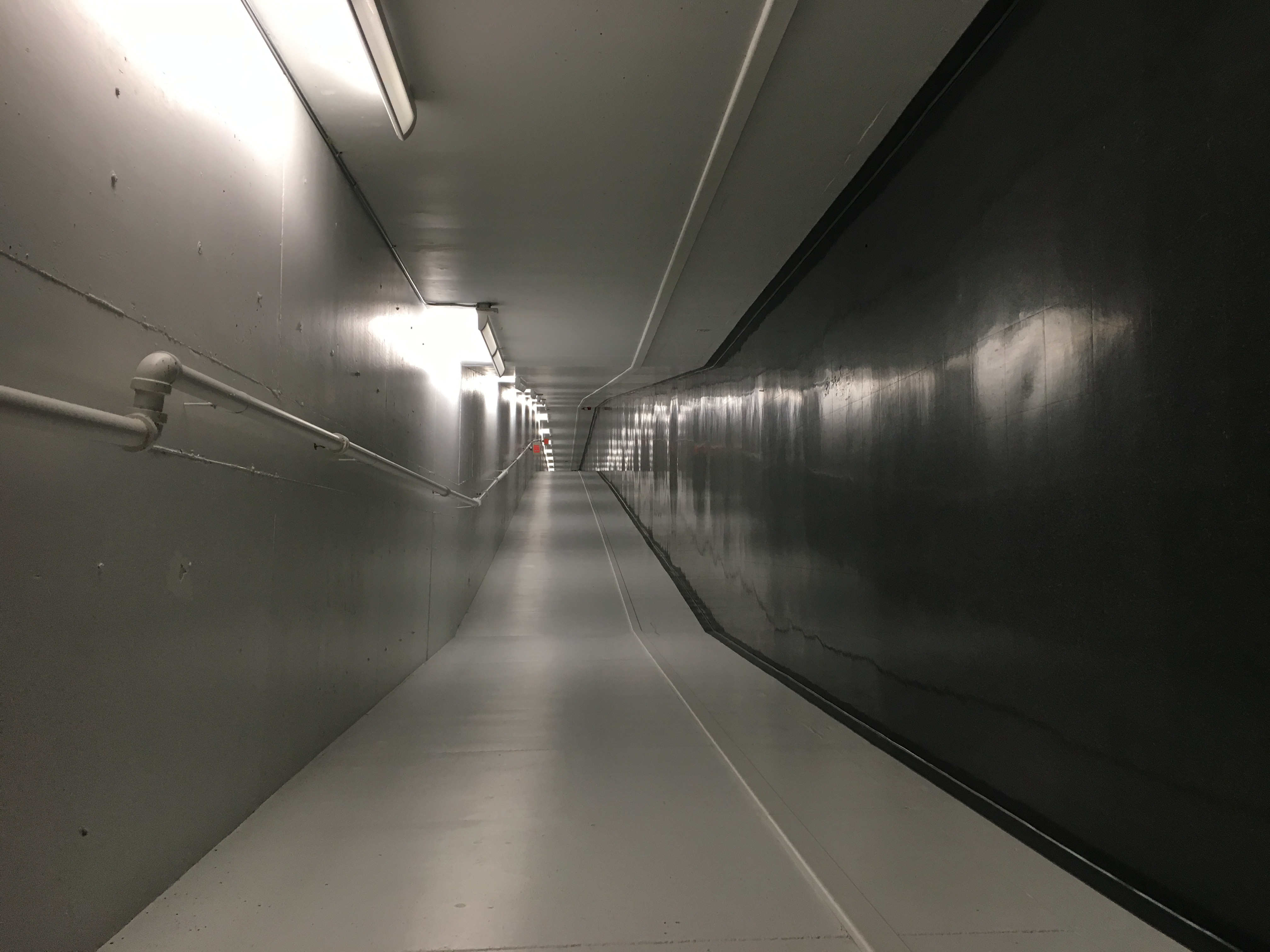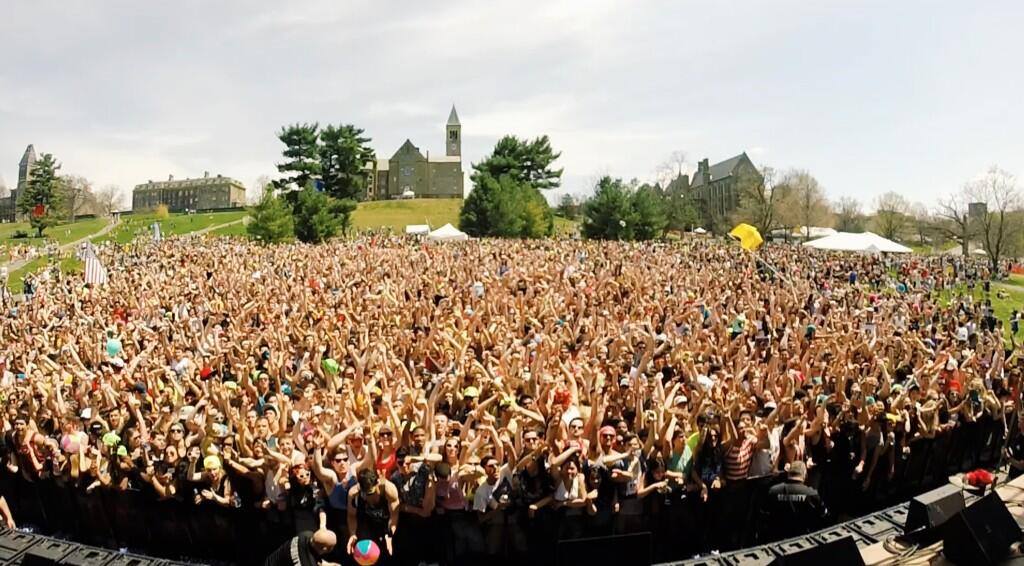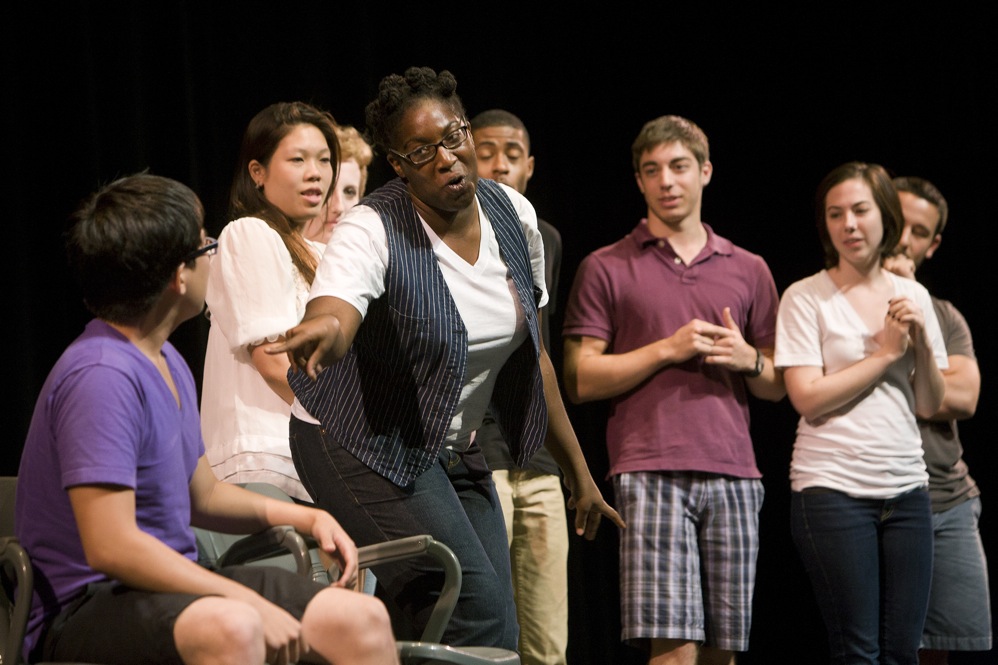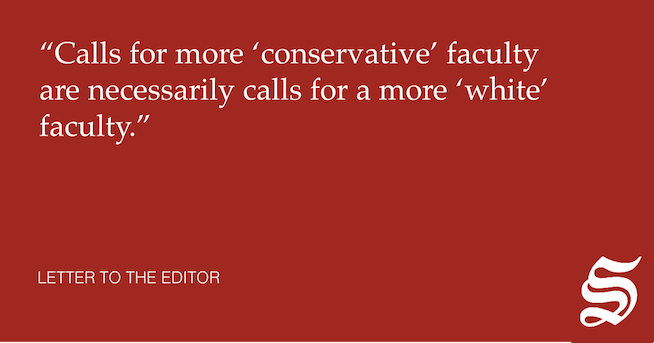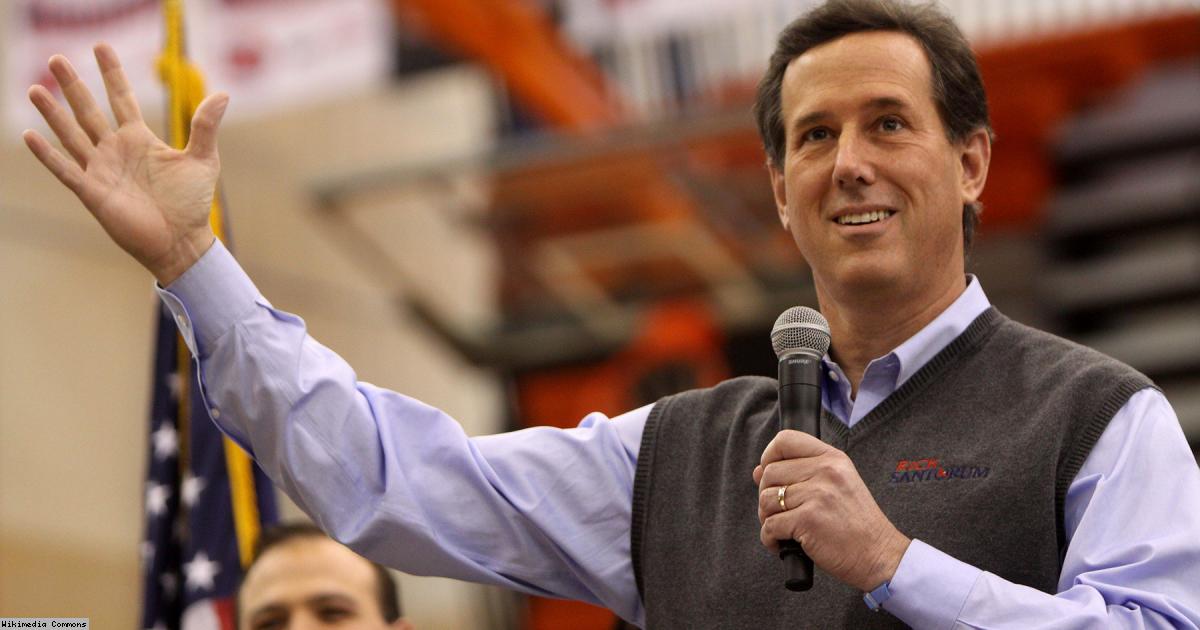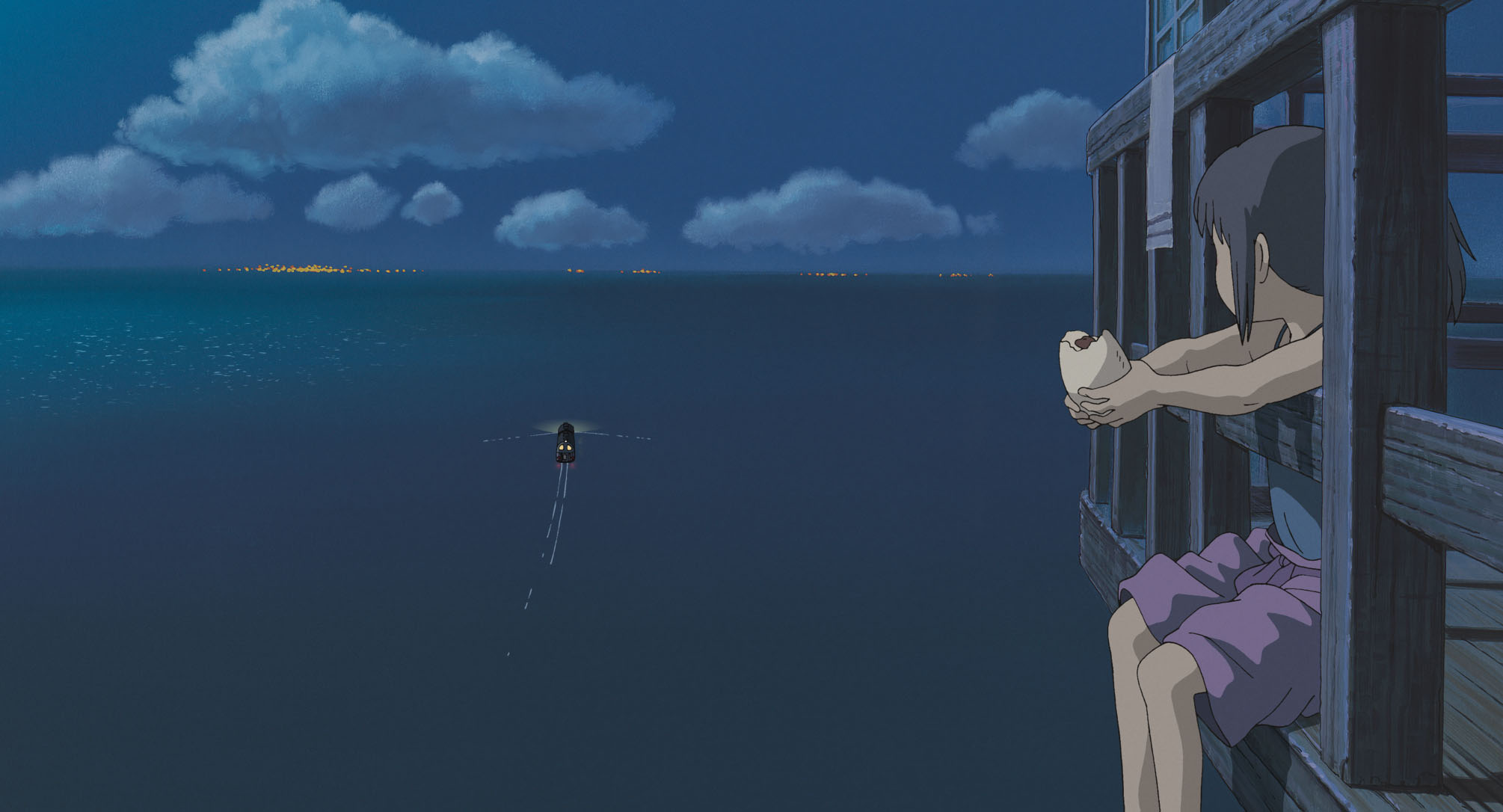Campus
ENTER THE DRAGON | A Look Inside Dragon Day 2017
|
With Dragon Day fast approaching, we recently asked a few members of the team behind the beast to share their thoughts and experiences on the process of creating the famed Dragon, from the initial E-board elections to the mad-dash of Dragon Week. Here’s what they said:
Yueer Niu, E-Board: Fundraising and T-shirts Chair
When Cornell students first hear the words “Dragon Day,” their usual reaction is not excitement or anticipation but confusion. Although for most student on campus, Dragon Day is nothing more than a day when architecture students go crazy (and a day when people actually see us outside the studio); for the AAP (Art, Architecture, and Planning) community, it’s a powerful and transformative experience. Dragon Day, for us, starts two months before the day of the parade with a meeting conducted by second-year architecture students. E-board is chosen at this meeting in a democratic process; leaders are not only delegated the work involved with planning, but the huge amounts of stress and frustration that are side effects to that work.

